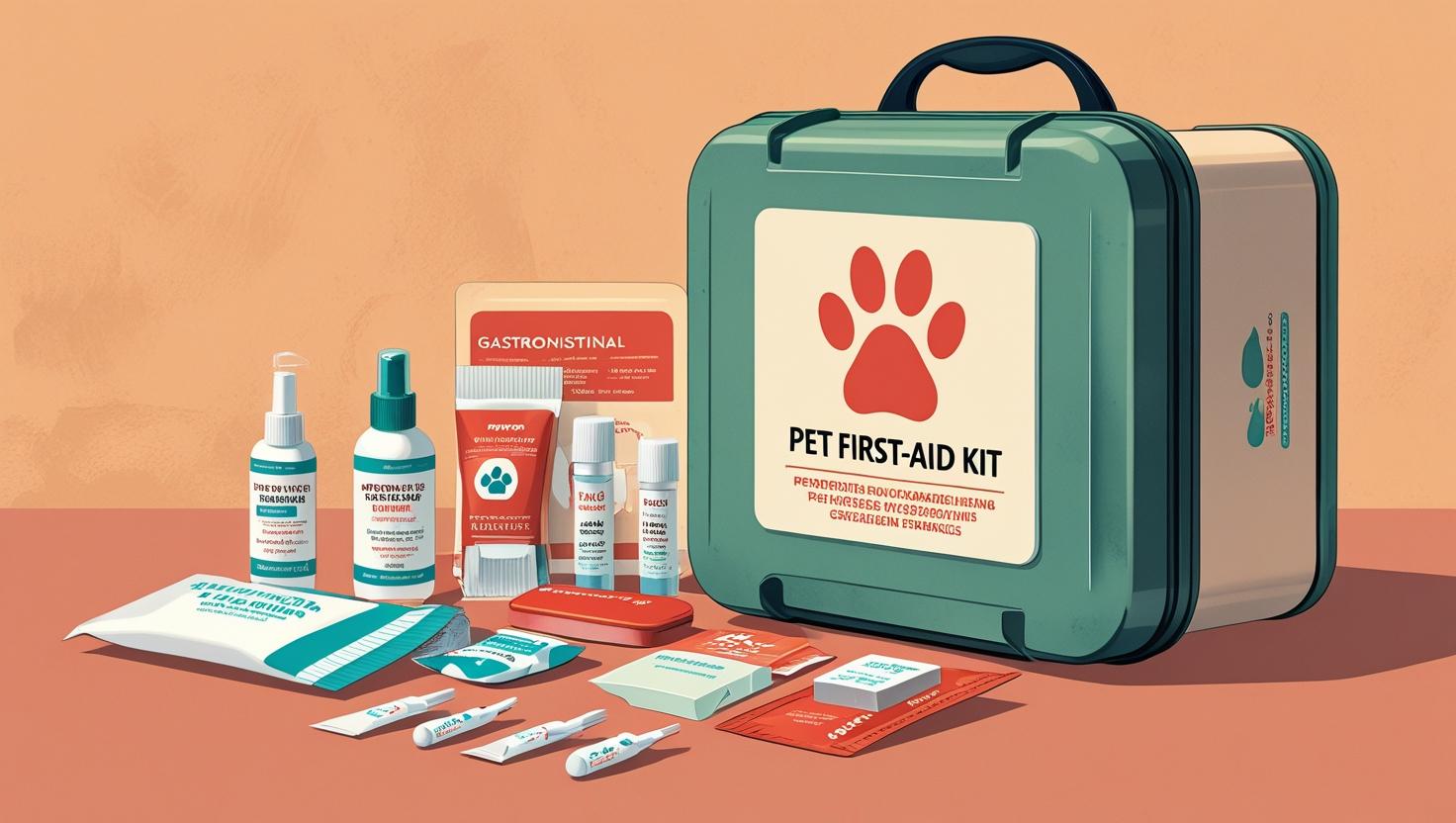Vomiting and diarrhea should never be ignored, as they may indicate a more serious issue. The causes can range from minor troubles, like eating something different, to serious problems such as poisoning or infections. While some animals improve quickly, others may need urgent medical assistance.
Warning Signs You Should Never Ignore
Be prepared to contact your veterinarian promptly if you notice any of the following signs:
- Your pet vomits or has diarrhea multiple times within a few hours
- Stool or vomit contains blood, or appears black and sticky
- Your pet shows extreme fatigue, avoiding movement, play, or food
- Signs of dehydration: dry mouth, dull eyes, skin that takes time to return to normal when pinched
- Persistent fever, visible weakness, or any collapse
Even a single occurrence of blood or collapse warrants a trip to the vet.
Common Causes of Digestive Problems in Pets
- Eating garbage, spoiled food, or household objects
- Intestinal parasites picked up from outside or from other animals
- Infections caused by harmful viruses or bacteria
- Accidental poisoning (chewing on toxic plants, chocolate, cleaning agents)
- Underlying diseases: pancreatitis, kidney or liver problems, inflammatory bowel disease
- Emotional stress due to changes in environment or routine
Home Care for Mild Cases
If your adult pet is otherwise healthy but showing mild, brief symptoms:
- Remove all food for 6 to 12 hours, but allow access to clean water (unless vomiting continues—then consult your vet)
- When reintroducing food, offer small amounts of plain, boiled chicken or sweet potato—avoid treats and heavy foods
- Observe carefully: if they improve, you can gradually return to their regular diet
- Stop home care and call the vet if there’s no improvement after 24 hours or if serious signs develop
When to Go Straight to the Veterinarian
- Repeated vomiting or severe diarrhea that doesn’t stop
- Blood, unusual objects, or strange colors in stool or vomit
- Extreme fatigue, staggering, or collapse
- Refusal of water, inability to keep fluids down
- Known or strongly suspected ingestion of toxins
- Any digestive problem in puppies, kittens, seniors, or pets with chronic health issues
Immediate Steps Before Professional Care
- Record the timing, appearance, and volume of each episode
- Try to collect a stool or vomit sample for your vet
- Confine your pet gently in a comfortable space, away from other animals and children
- Offer small sips of water if your pet is alert and not actively vomiting
- Never give human medications, over-the-counter drugs, or unprescribed treatments
What to Expect at the Veterinary Clinic
Veterinarians typically take several steps to assist your pet:
- A complete physical examination and discussion about symptoms and recent activities
- Checking hydration levels and providing intravenous fluids if necessary
- Conducting blood and stool tests to identify infections or underlying problems
- Administering anti-nausea medications, gastric protectants, antibiotics if needed, and assisting with gradual reintroduction to food and water
In more complex cases, the vet may recommend imaging tests, such as ultrasound or X-rays, for a clearer diagnosis.
Essential Attention for Your Pet
- Watch for clusters of digestive upsets rather than isolated incidents
- Take visible blood, very dark stools, or collapse extremely seriously
- Offer only gentle, bland foods and fresh water in minor cases
- Never use human medications or random remedies—these can be harmful
- Contact your vet sooner rather than later, especially if in doubt or with vulnerable pets
Always Pay Attention to Your Pet
The difference between a quick recovery and a serious problem often depends on how the owner attends to the animal and acts promptly. By closely observing your pet, recognizing signs that something is wrong, and responding quickly—whether with simple home care or immediate veterinary support—you are doing everything possible to keep your friend safe, comfortable, and healthy.
